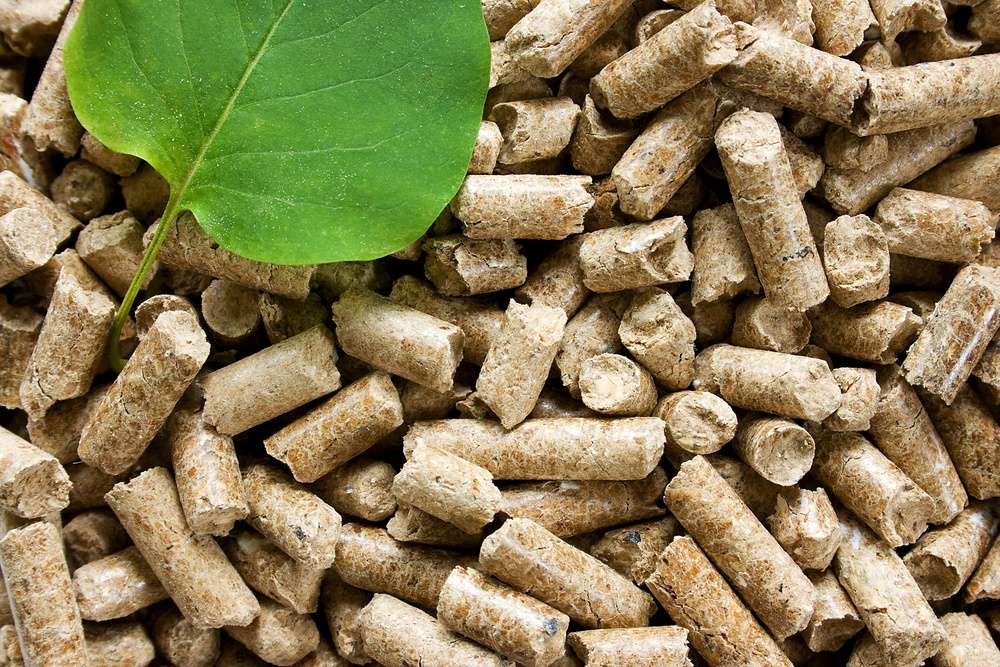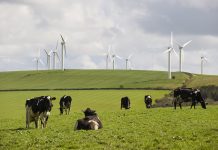Energy ministry D-BEIS has today launched a consultation on how Whitehall should support energy generation from biomass feedstocks, while harnessing to CO2 extraction, use and storage.
Ministers believe coupling power generation centred on plant and organic materials, with CO2 capture, promises new benefits yet to be quantified in developing technologies collectively known as BECCS (Bioenergy with Carbon Capture and Storage), .
In theory, the field can yield so-called ‘negative emissions’ : – in other words, CO2 permanently removed from the atmosphere by biological processes linked to generation, and using carbon capture usage and storage (CCUS).
Optimising routes to private investment in the nascent industry is the focus of the two-month consultation, launched today. Boosting Britain’s energy security, by ousting import of end-product gas as well as of feedstock, will be an important economic benefit.
“The more clean power we generate within the UK, the less exposed we’ll all be to volatile gas markets pushing up bills”, energy secretary Kwasi Kwarteng commented, launching D-BEIS’s conversation.
Last week the government awarded £37 million to sponsor innovative biomass projects.
The consultation launched today follows a commitment set out in October’s Net Zero Strategy to support the role of greenhouse gas removal (GHGR) technology. By 2030, the government wants to see removal of greenhouse gases running at 5 million tonnes each year on a CO2-e basis.
The consultation aims to seek views on Whitehall’s early proposals. These include the main design elements of the business model, plus actions open to government in enabling deployment of this technology at scale.
Earlier in 2022, the government tested stakeholders’ interest in the technology, inviting expressions of interest in projects for removal and storage, compatible with the government’s CCUS programme.
Power generator Drax is one such, its feedstock for making clean electricity in north Yorkshire now switched almost entirely from coal, and instead into biomass-based pellets.
Group CEO Will Gardiner welcomed today’s consultation.
“The government is paving the way for the UK to lead the world in deploying vital carbon removal technologies like bioenergy with carbon capture and storage (BECCS)”, he observed.
“This could kick start a whole new sector of the economy, creating green growth on an even greater scale than we have seen in the UK previously with renewables like wind and solar.
BECCS was alone among energy technologies in generating reliable renewable power, while permanently also removing carbon dioxide from the atmosphere.
Drax plans to invest £2bn in what will be the biggest carbon capture in power project in the world. said Gardiner, delivering thousands of jobs in the north in the 2020s, and creating new export opportunities.”
More details here.





DRAX is constantly claiming that it can be carbon negative, even though it is burning biomass – mainly wood chips. It has been definitively proven that if you fell a tree, and burn it, all the stored carbon in the tree goes back into the atmosphere. The only way to lock away carbon in a tree is to let it decay and rot away, and only then does the carbon become stored in the ground.
We produce 300 million tons a year of CO2, the largest carbon absorber working can absorb 4000 tons a year (0.004 million tons) and the new scheme mentioned in the article claims it is going to be over 1000 times bigger at 5 million tons a year. That scale of improvement is not credible, and in any case, it is still going to be far too small to make any dent on 300 million tons a year.
BECCS is a boondoggle – it is completely worthless. It is time it was called out for what it is. Insignificant, and claiming non-credible improvements to be just around the corner.